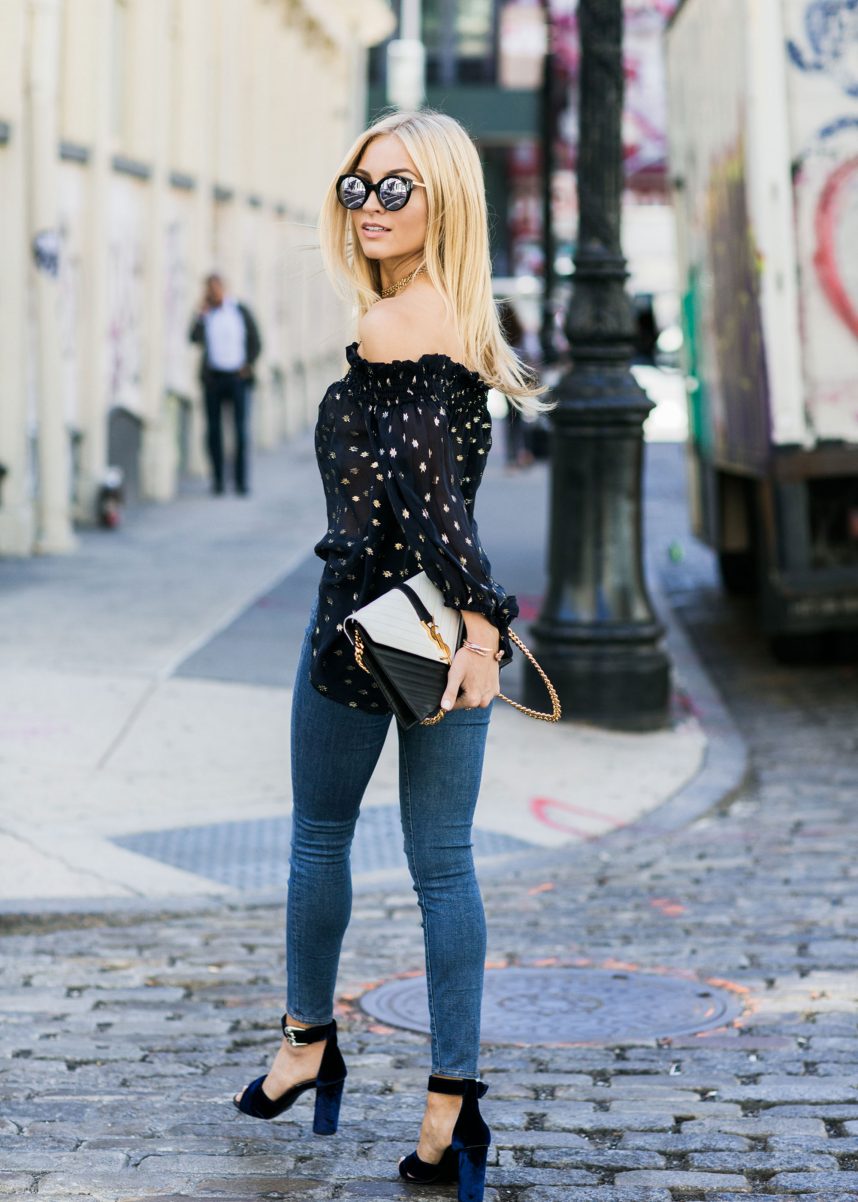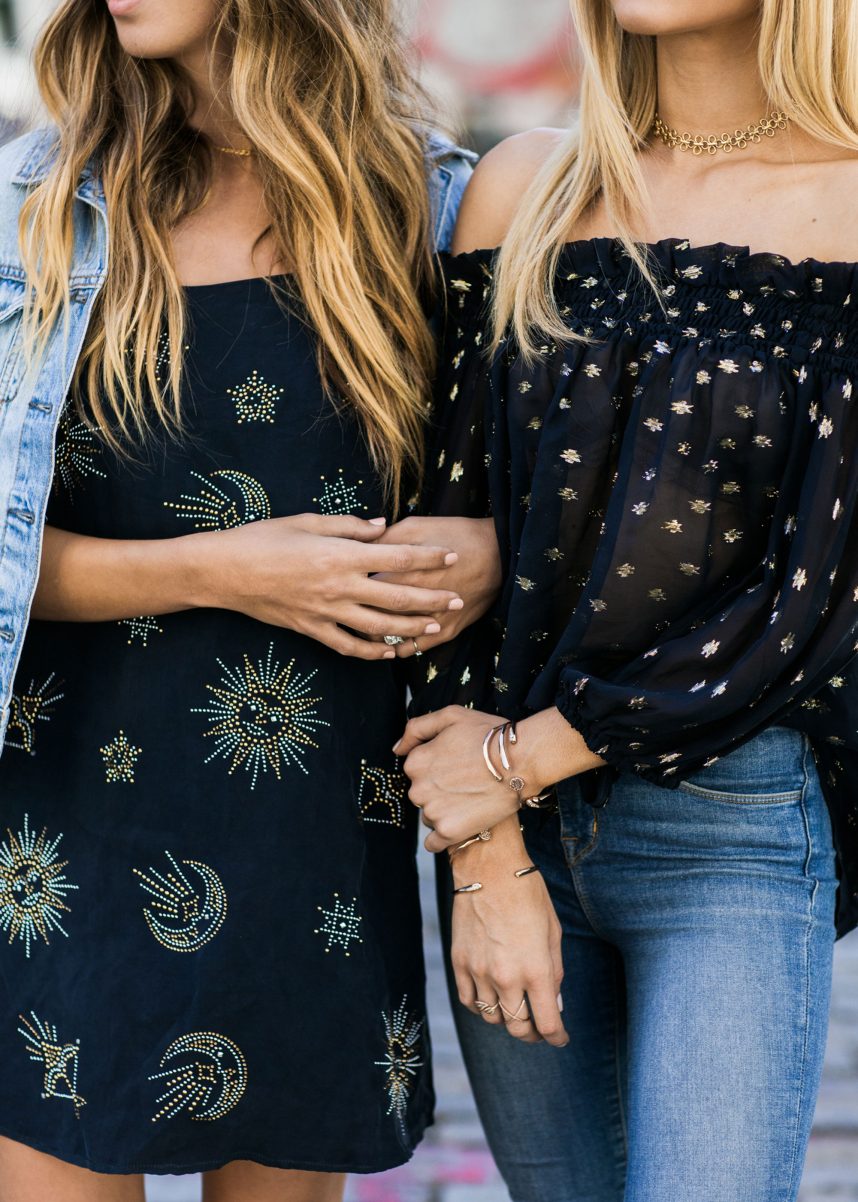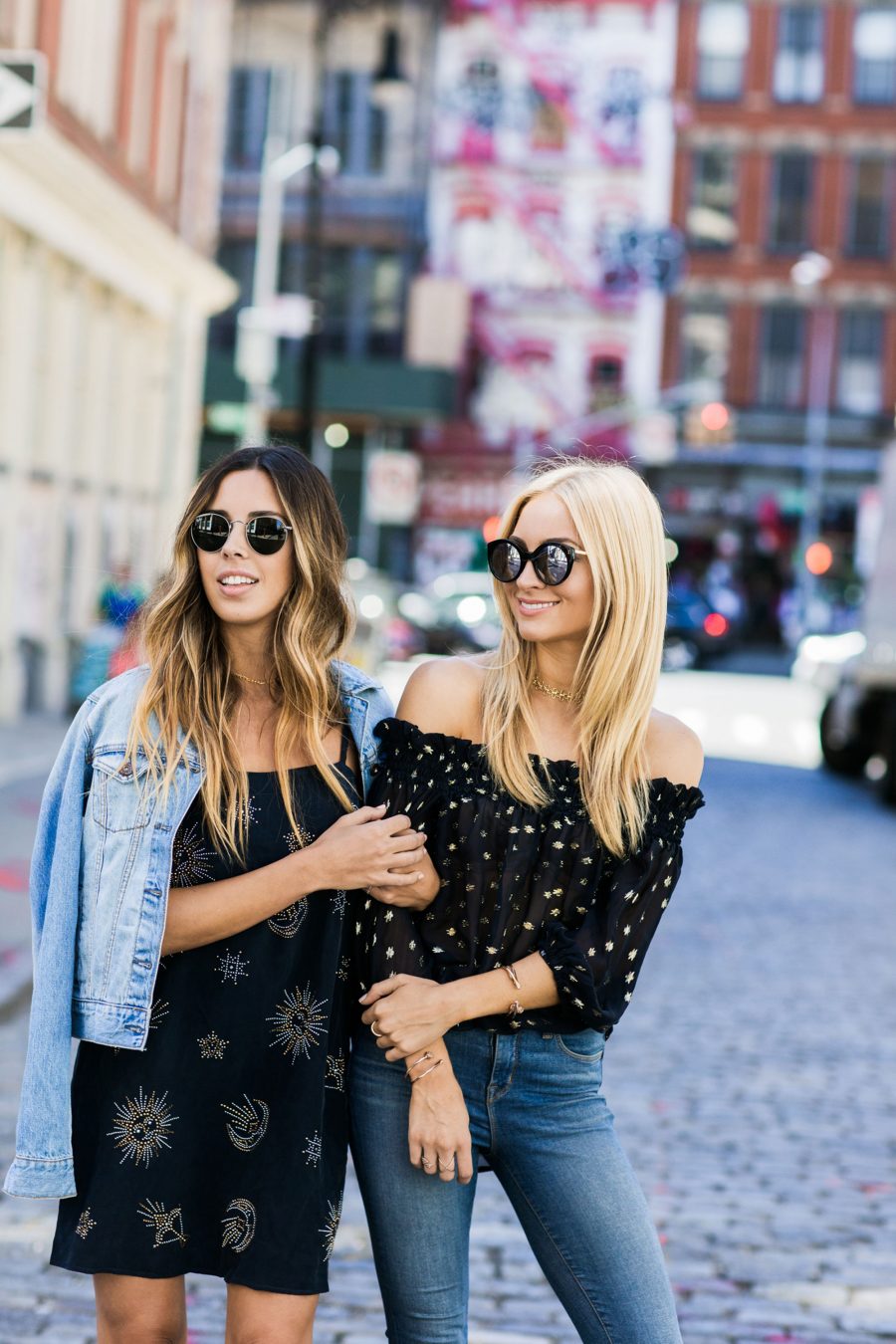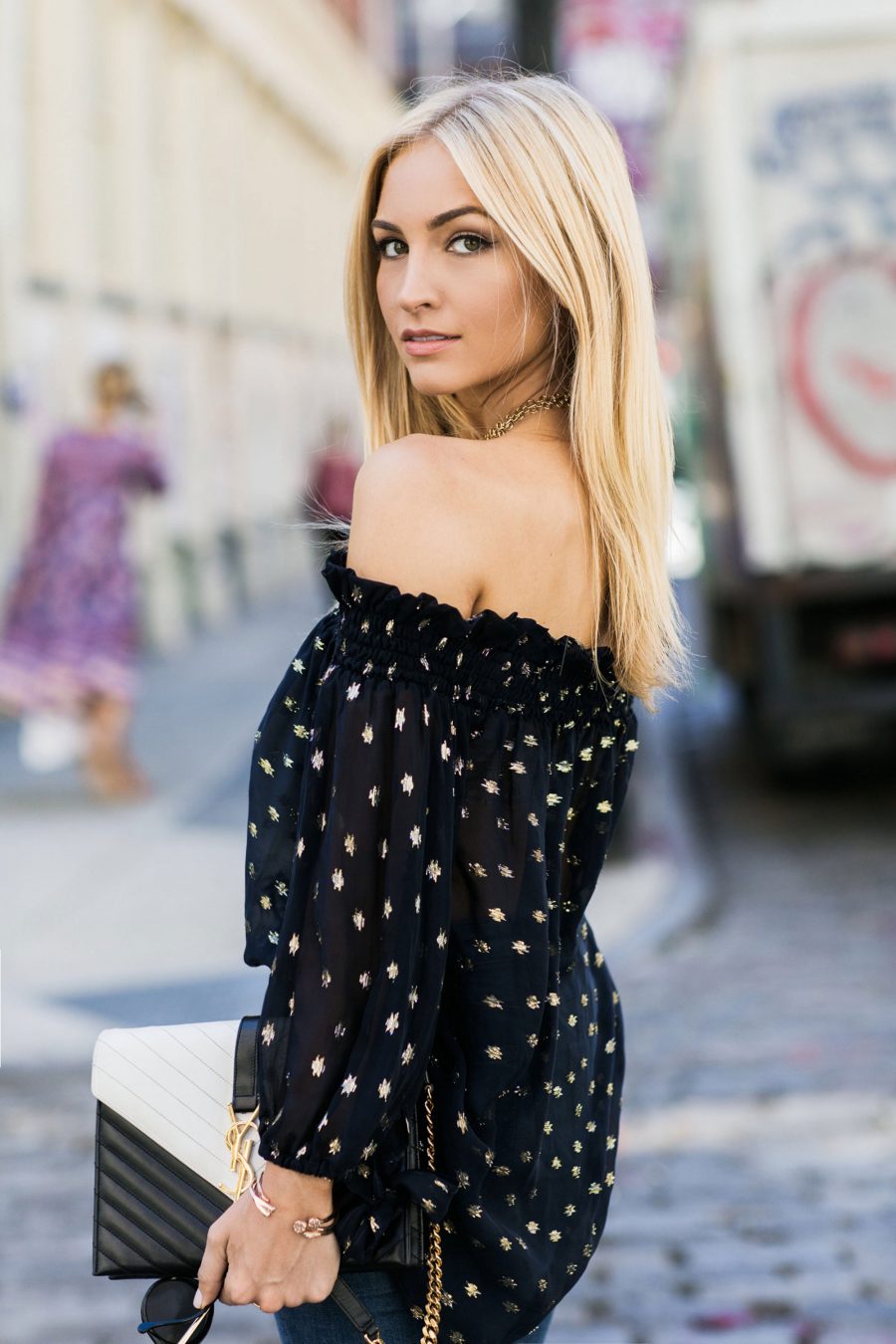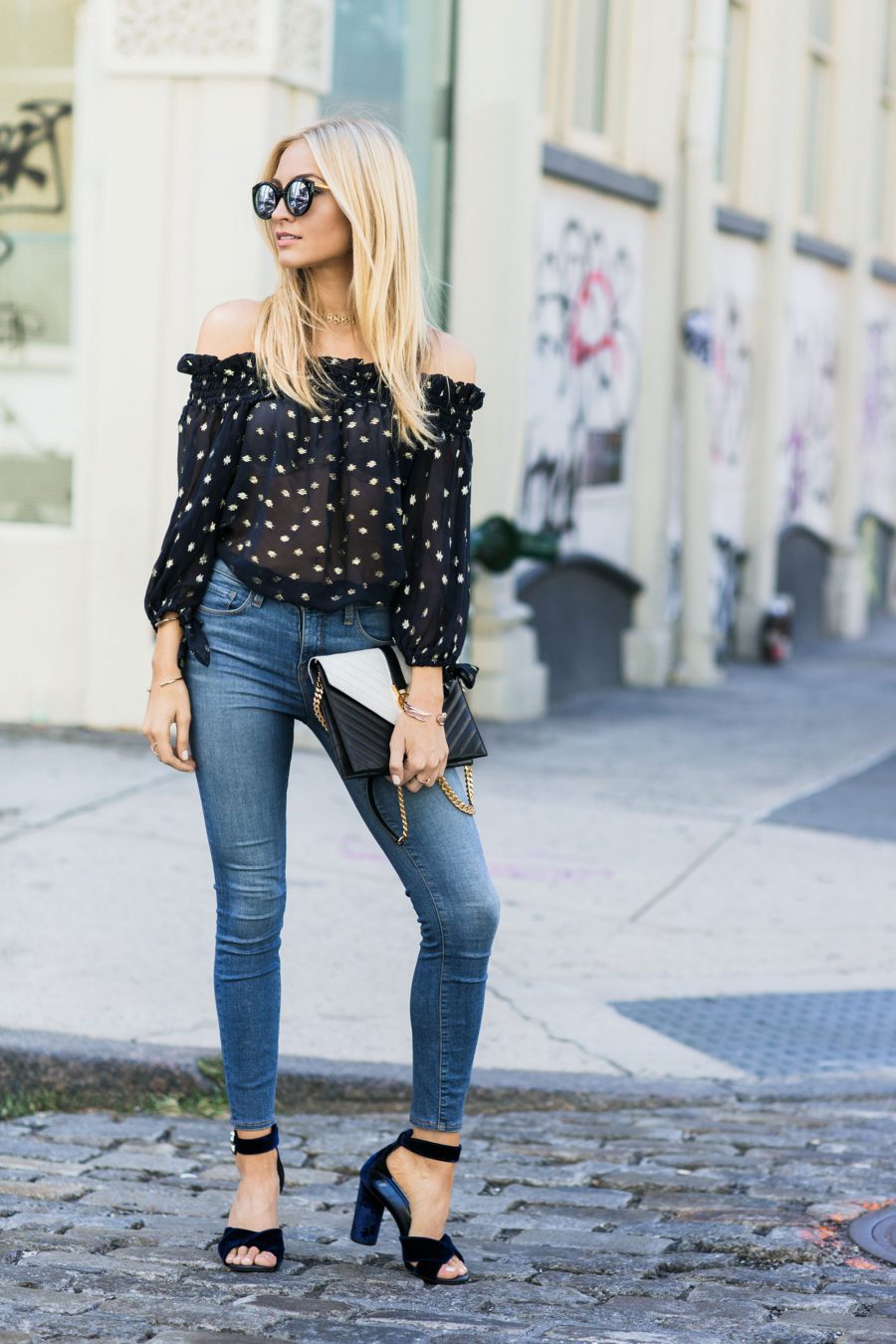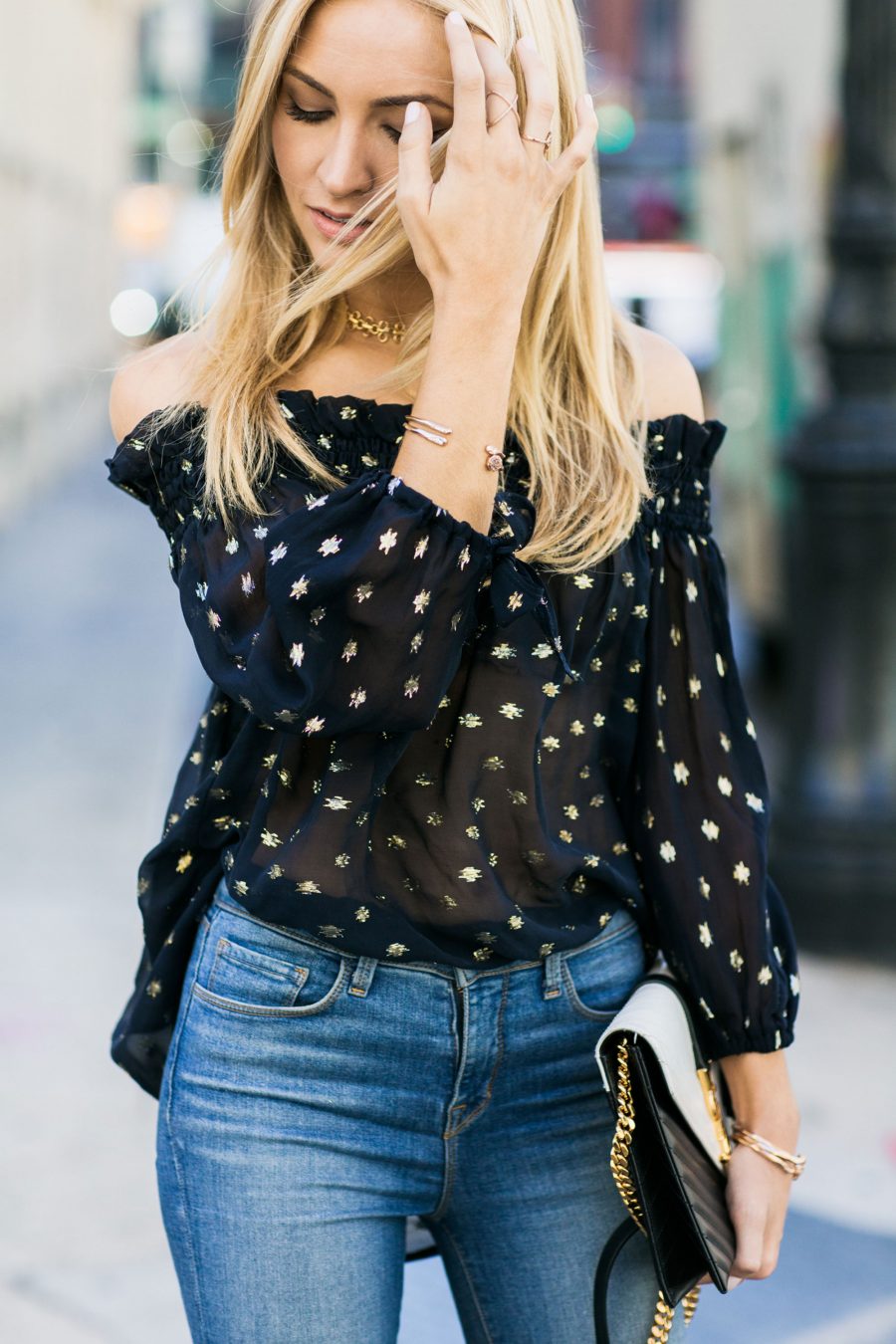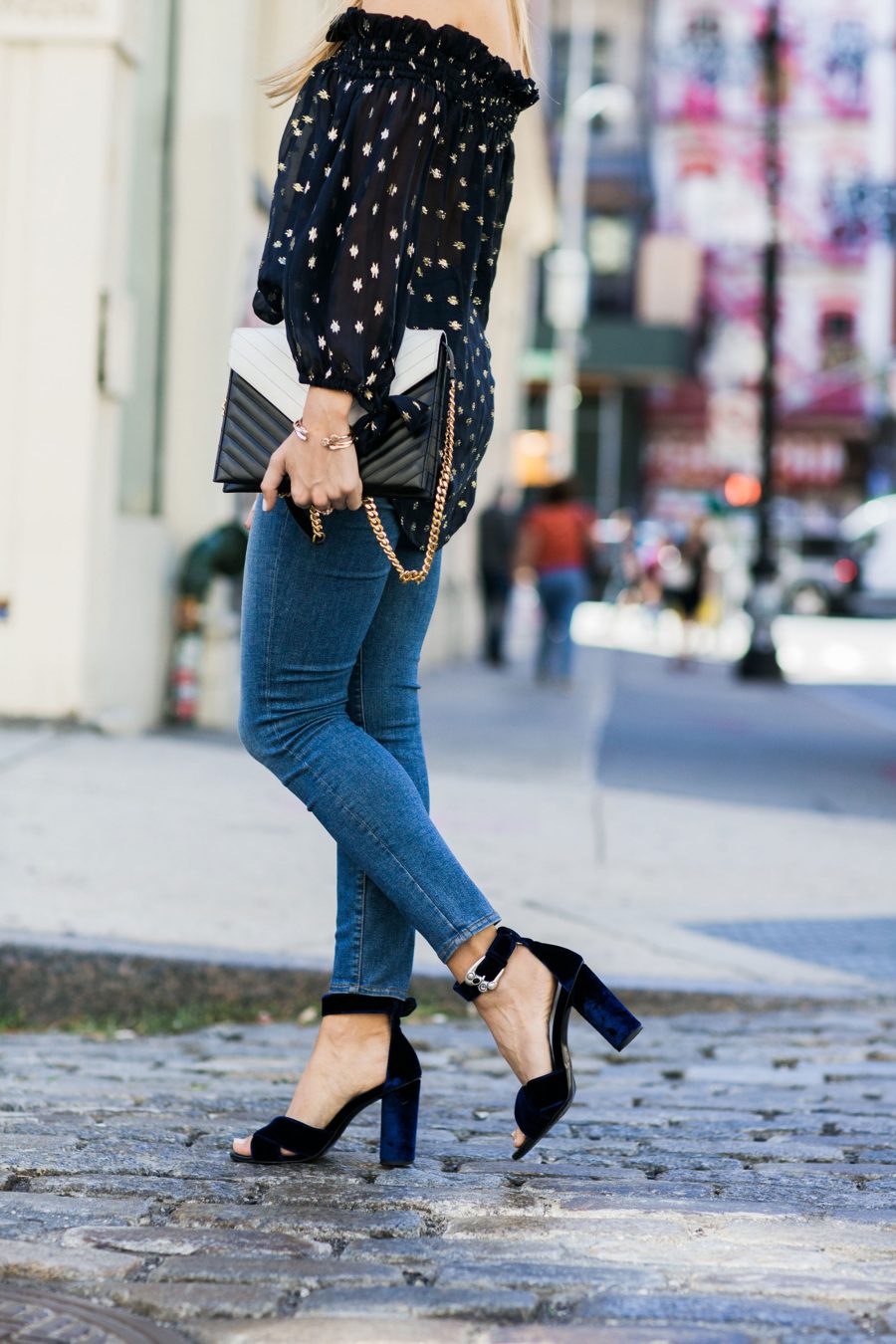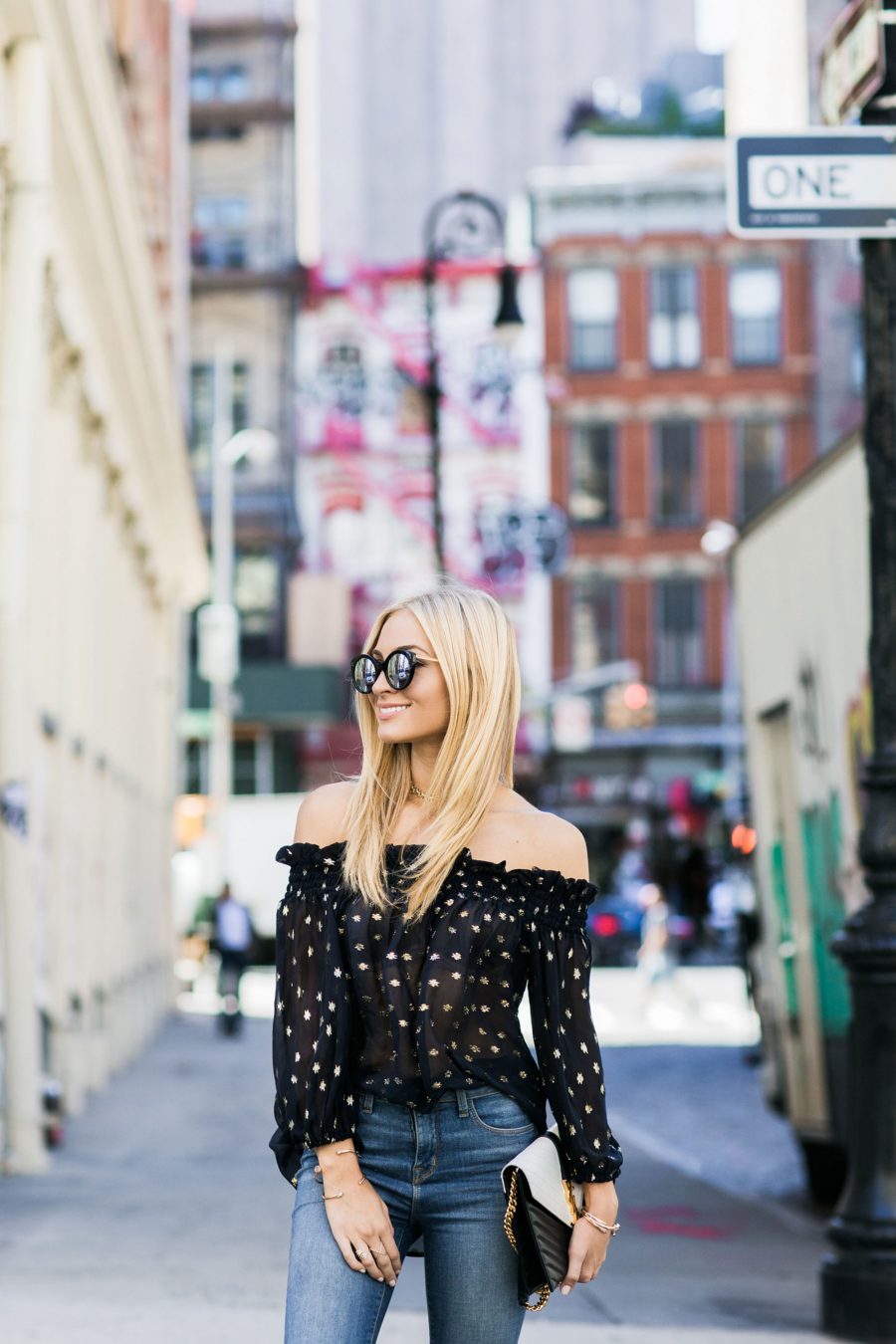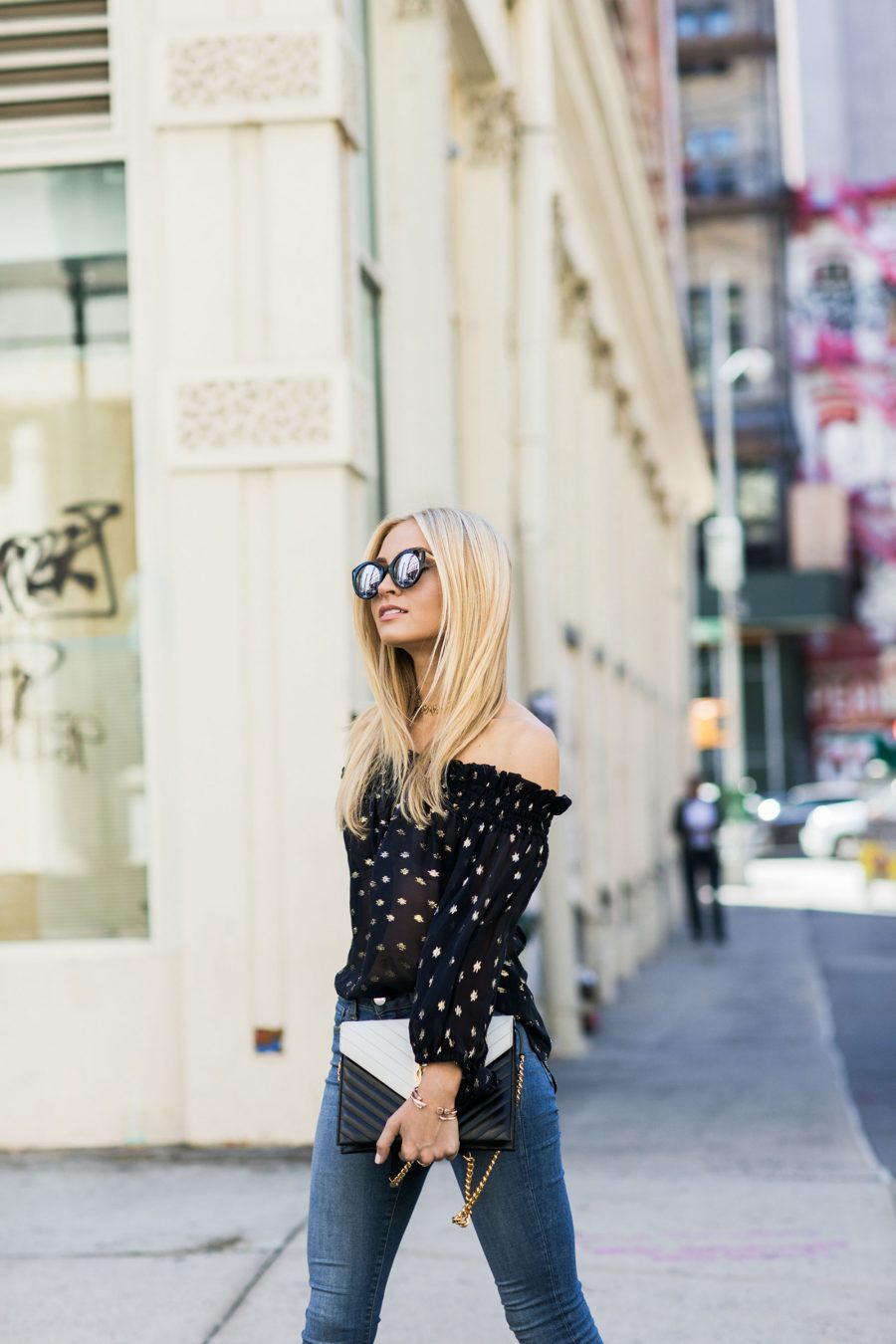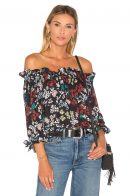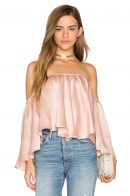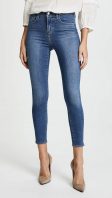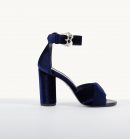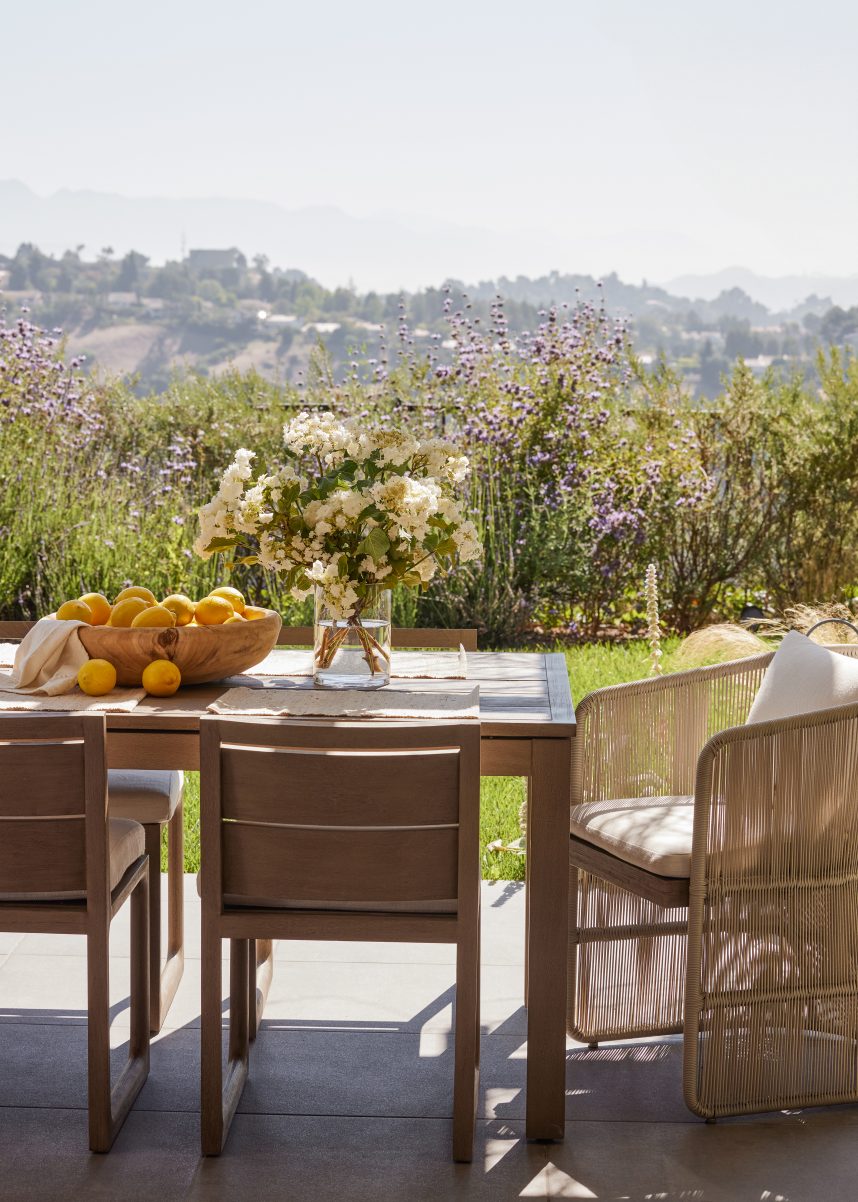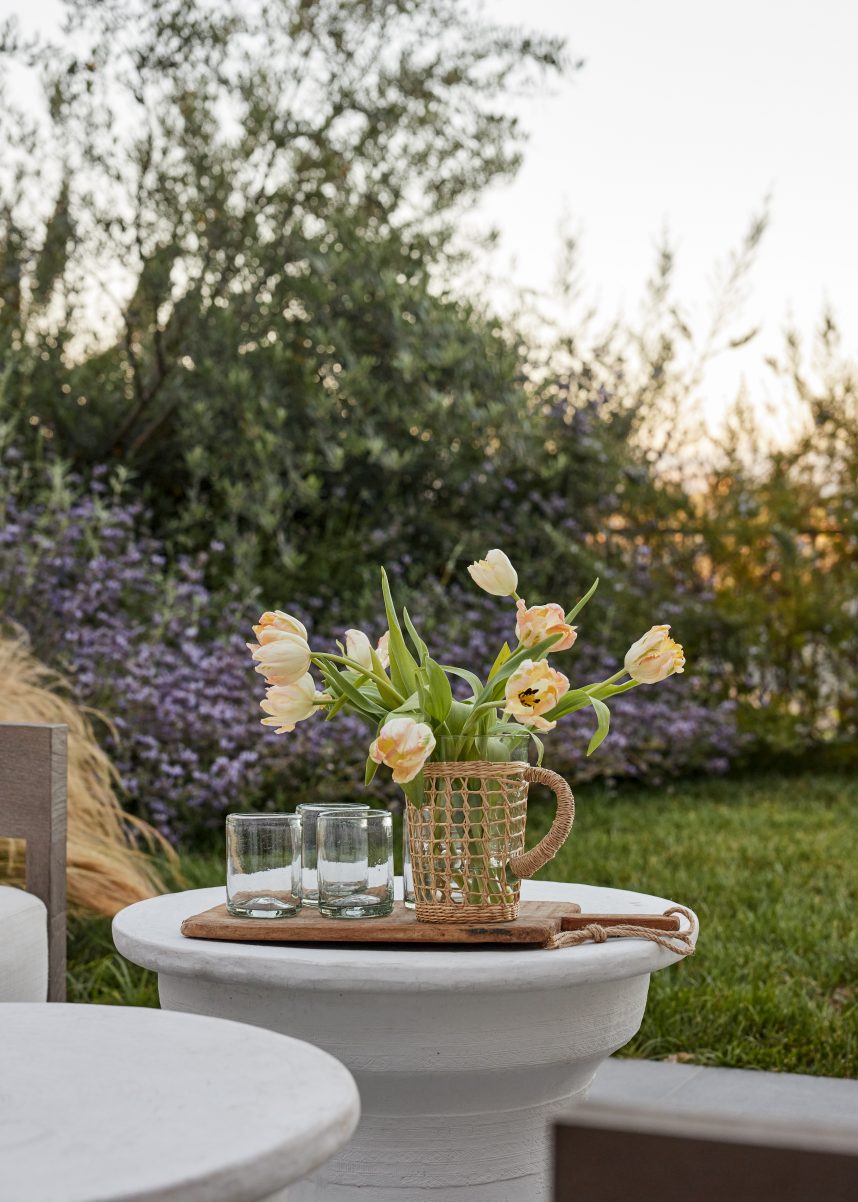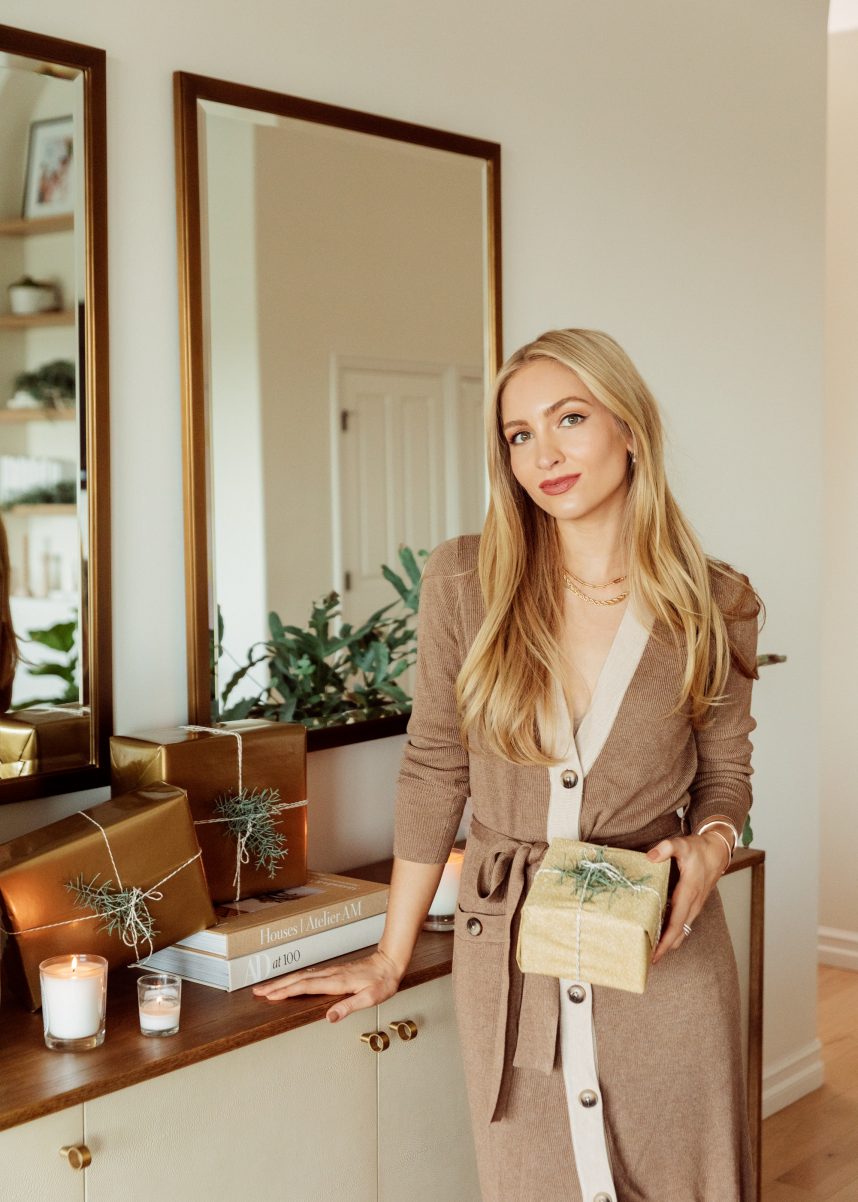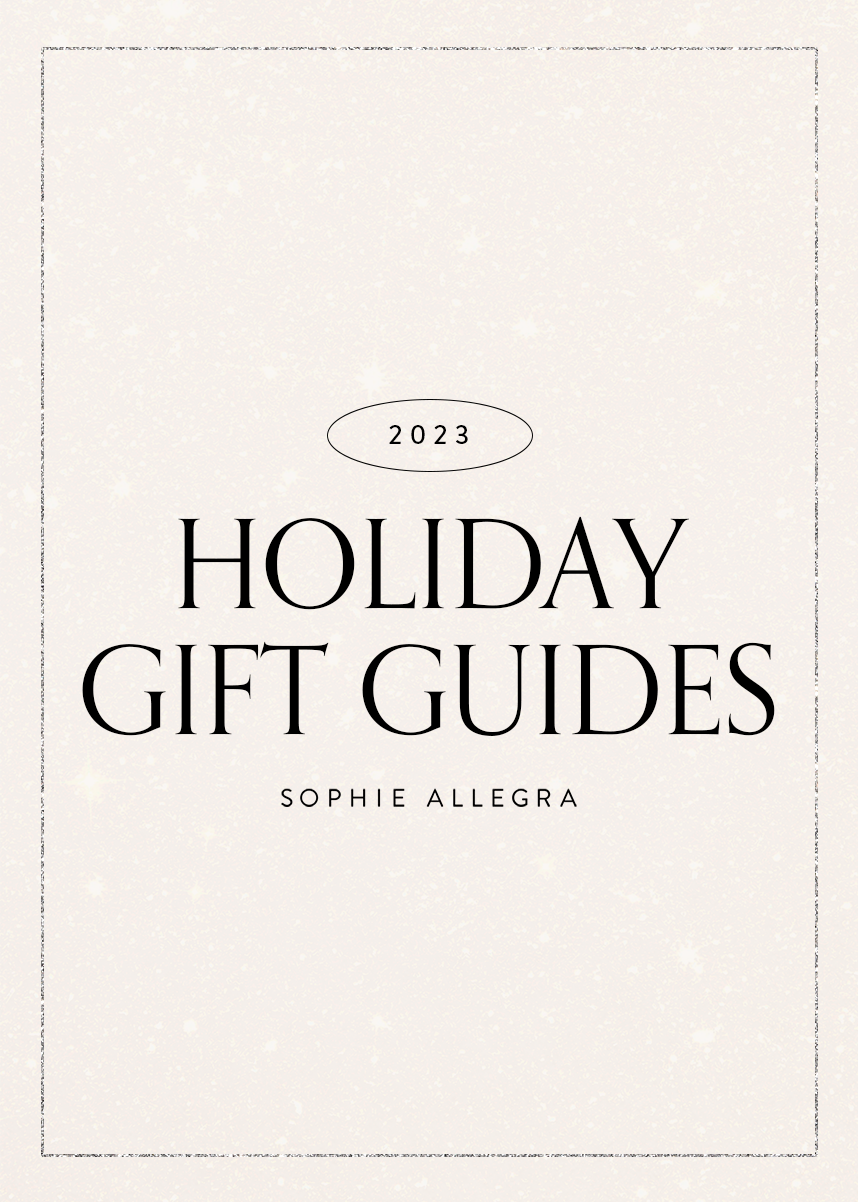If you’re tuned into the world of “digital influencers,” you’ve probably heard about Vogue’s recently published Milan Fashion Week article that caused quite the uproar amongst the fashion community.
(If you haven’t, read up on it here). A few Vogue editors complained about the presence of bloggers at Fashion Week, mocking them for causing a frenzy on the street while being photographed by street style photographers, changing multiple times a day in paid-for-wear outfits, and generally degrading or cheapening the once-elite fashion community. Many influencers have spoken out about the article (I found Aimee’s response to be insightful, and Fashionista’s response to best outline the facts) but I thought I would add to the conversation with my own experience.
Let’s back up a minute, and start from my beginning. Before I called myself an “influencer” who posted, blogged, Snapped or Instagrammed as a “real job,” I was any other fashion girl at heart. I was a student who read Vogue cover to cover. I ripped out my favorite photo spreads until I had drawers full of binders of them. I memorized models and editors names (my dog is named Gemma after Gemma Ward, and yes I brought her home in 2007 … the dog, not Gemma). I thought I would definitely work as an editor upon graduating. I did internship after internship in fashion PR and journalism (at the Huffington Post, Bulgari, Who What Wear, Women’s Wear Daily, and worked for a stylist, among other jobs). I was a producer and writer for my college’s digital newspaper and the editor of the literary journal. I studied luxury merchandising at Institut Français de la Mode in Paris, learning the ins and outs of the business (I also studied French itself, knowing it would give me an edge up in fashion, but we’re still working on that…..) I’ve folded, steamed, researched, organized, labeled, written, rewritten and edited. I do really feel like I “prepared” myself to be a strong candidate for a career in the traditional fashion industry, perhaps as one of those editors who wrote that Vogue article.
I’m not spitting up my credentials here because it’s relevant now – in fact, I’m bringing it up to prove an opposite point. You don’t need a laundry list resumé to be a “blogger” in 2016. You just need a computer, a camera, an eye for style and a worthwhile opinion. And that’s what the old-school editors don’t like, especially as bloggers gain more power and traditional publications lose their influence. Girls are looking to their favorite bloggers to see how they wore a trend, instead of reading Vogue’s post-fashion week column.
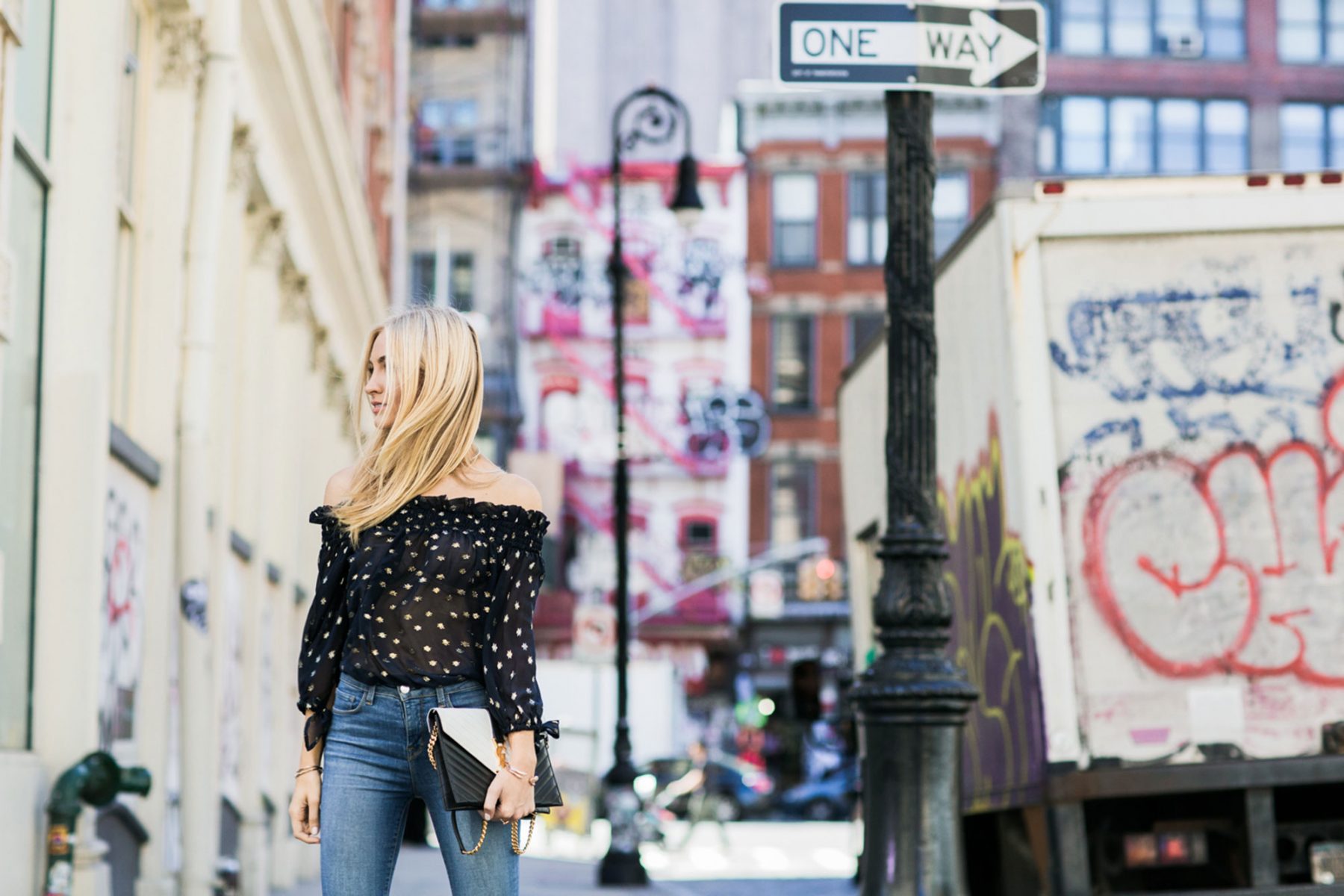
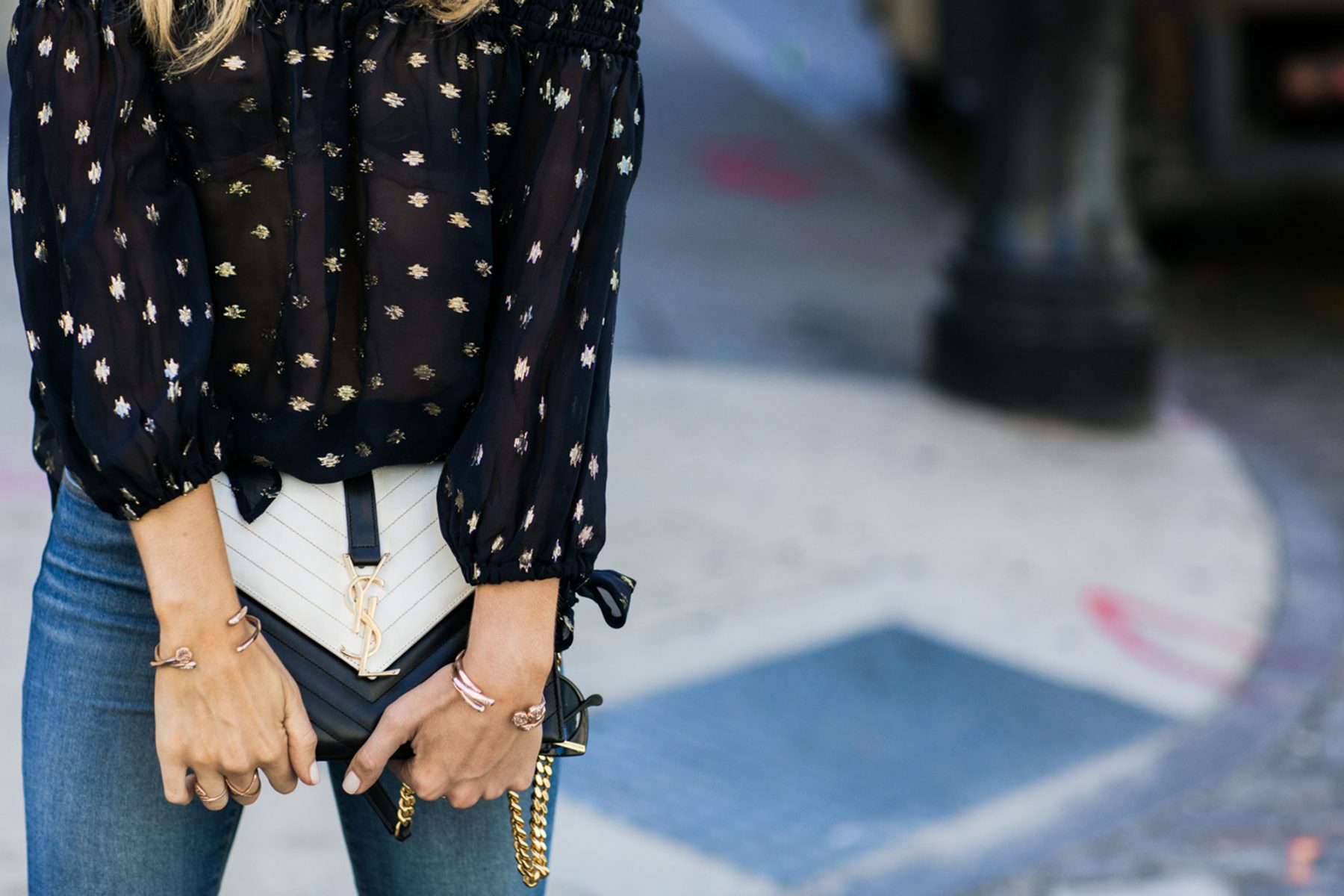
I started my site because I’ve always been the girl my friends would ask for advice about what dress to wear to a wedding, what the best staple bags to invest in were, or how to put liquid eyeliner on properly without looking like the Dark Knight (the answer is a firm felt tip pen and five full minutes to spare). I knew I had some knowledge to offer and I thought why not put all this into one place? Selfishly, I also loved the idea of having a digital scrapbook of sorts to save photographs and document travels. It’s been a journey, and it’s definitely not all I want to do in this industry – I have a ways to go towards my goals. But I’ll never regret deciding to invest in myself and my ideas through blogging.
Six months after I started this website, I started to receive emails from girls in other cities and countries, who had found my blog or social channels. That sense of connection was addicting to me. It fed my desire to share and gave me a sense of creative purpose. Still today, in a business which can seem superficial, irrelevant or trying at times, I remind myself that the feeling of connection is the reason why I started doing this in the first place.
Was it all easy and fun? No. It wasn’t all friendly either. In the beginning I remember girls making comments about my site – “who does she think she is?” “Why is she posting all these photos of herself? “Just because you have a website with 10 posts doesn’t make you a fashion blogger.” (FYI, it’s all worth it when some of those same people email you four years later asking you to attend their company’s events or wear their clothing).
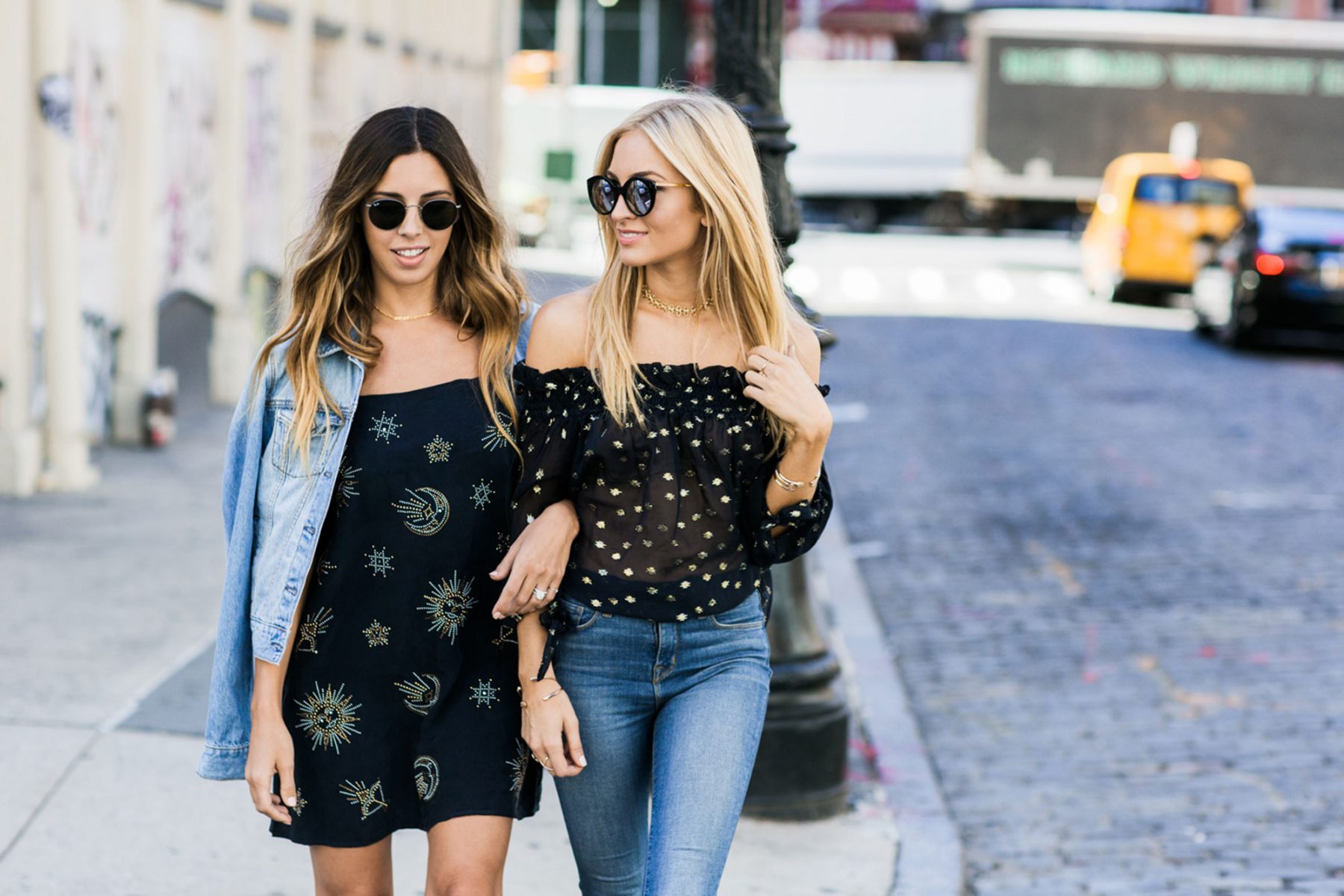
I understood why they spoke those words. Until you’re a “legitimate” blogger, is it just shameless self-promotion? I didn’t think so, and I treated my blog like a new business from day one. The concept of fashion blogging is not weird or new anymore, and hasn’t been for a long time. Most of the girls I read comments from on my Instagram posts have blogs themselves (I love it). So many people are creating and sharing, without being confined by traditional benchmarks of credibility. You no longer have to be published by Vogue to have a valuable voice.
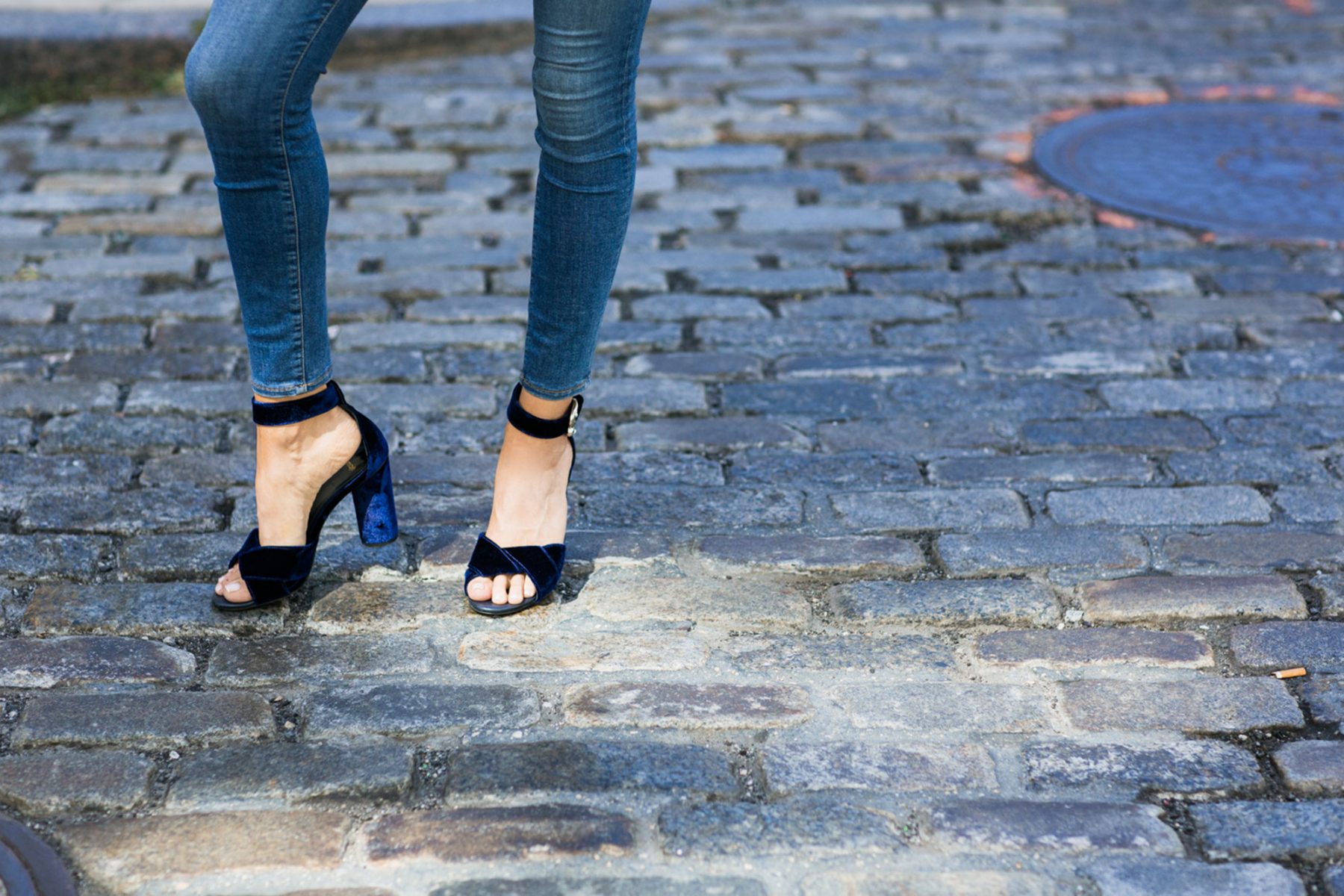
I think there’s also a huge misconception of how blogging works. It’s a lot more work than it looks like. You’re basically producing your own magazine with little to no help (until you reach the big leagues and may acquire a team). You’re writing, styling, designing, modeling, editing, communicating with brands and PR firms, pitching yourself for projects, negotiating contracts, and keeping track of all the paperwork. I’ve learned more about how to run a small business than I think I ever would have had I immediately started working for a brand or magazine.
Complaining about bloggers taking advantage of the times we live in is like complaining about the direction of popular culture as a whole, not just through blogging. We see it everywhere; in our presidential election, in our sensationalized news coverage, on the cover of Vogue itself where Kim and Kanye stare back at you. Actors and models book jobs based on their social media followings. Singers gain discoverability and traction from their YouTube channels. Vine stars with millions of followers are famous from self-produced content. People consume media in a different way than they used to, and the process of becoming an “expert” has been redefined.
Aside from the business aspect of it, “blogging,” “digital influencing,” or whatever you want to call it, has been one of the most rewarding experiences of my life thus far. I’ve connected with so many likeminded young women, who are now some of my very best friends that I call for advice that has nothing to do with blogging. I met Kat in NYC almost five years ago. I could talk to Annie for hours and hours. Lauryn can always make me laugh and I love her no-bullshit attitude. I feel like I’ve known Sivan my whole life. I look up to them not only as businesswomen and creative entrepreneurs but as intelligent, kind, quality people with initiative and drive.
Of course there are snotty people. I’d say that’s the case in any industry. But that does not reflect my impression of the vast majority of bloggers and influencers I’ve come across. On that note, I do think if you have a platform, it’s important to speak with kindness and humility and to show gratitude for your opportunity. I do feel frustrated when bloggers fail to thank their readers for being the reason why they’re able to do what they do, or for coming off as entitled celebrities. While offering an aspirational aesthetic can be inspiring, I still think the point of blogging is to be approachable and accessible to your audience, so if you’re not showing that through your clothes you better be through your voice. I can understand Vogue’s frustration for witnessing any unneccesary attitude. But attacking bloggers simply for showing up, being smart and utilizing their power is wrong, and way behind the times.
It’s also pretty hyprocritical when the first 30 pages of Vogue are advertisements, along with the head-to-toe outfit worn by the celebrity on the cover and throughout the inside spread. The editors blame the brands for engaging, for taking advantage of the obvious – that influencers convert more sales than traditional advertising mediums. That’s not “new” news.
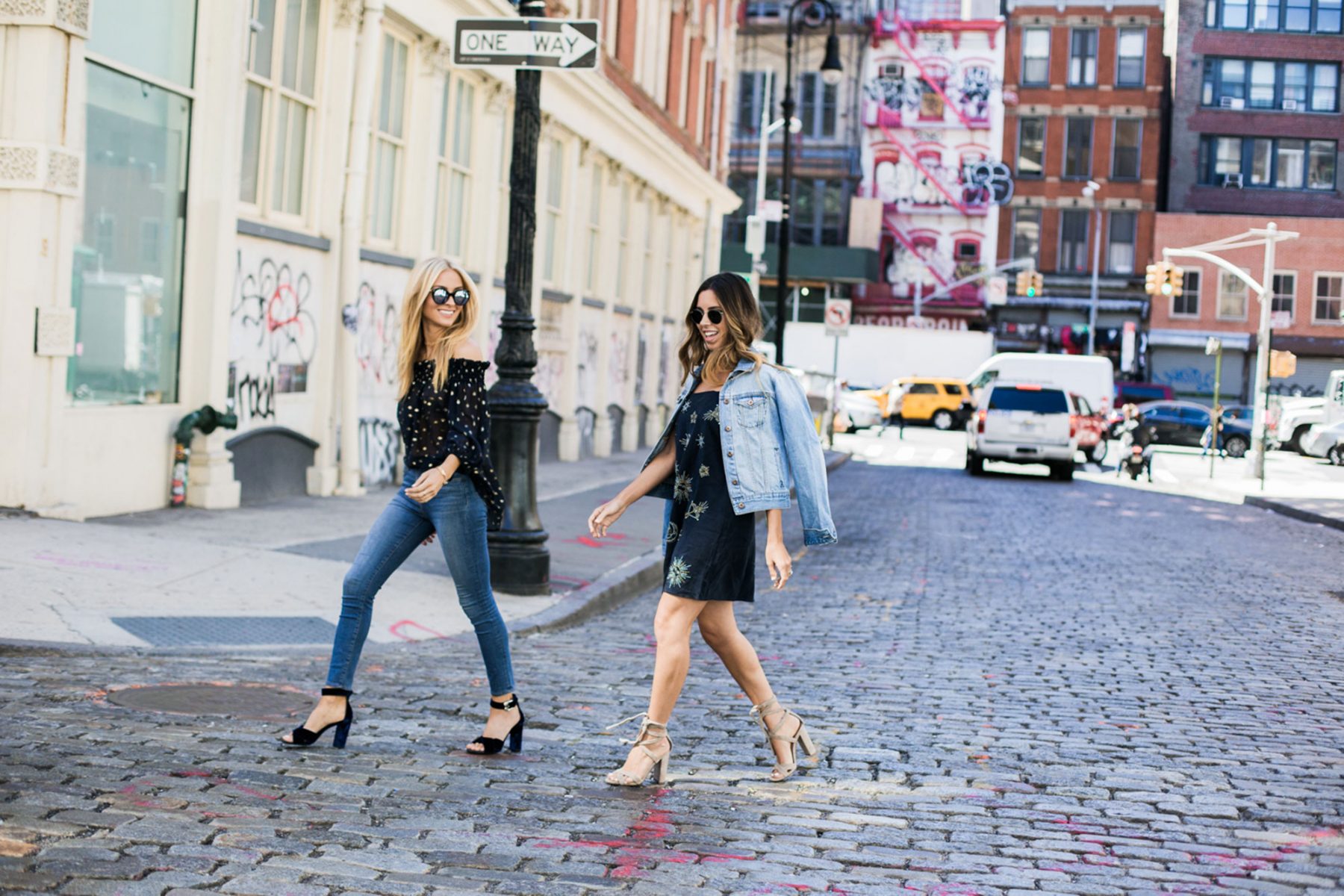
There are no signs of this slowing down. What resonated with me most from the Vogue article was not the actual piece but the backlash from it, which only confirms that the business of influence and normality of creative self-employment is here to stay. And how great is that? I want my children to grow up in a society where being entreprenuial is not only cool, but it’s normal. Studies show that by 2020, more than 40% of the American workforce (which is roughly 60 million people) will be independent workers, whether contractors, freelancers or temporary employees. That struck me – it’s only the beginning!
Before wrapping this up, I also must say that I’ve met and spoken to lovely, highly educated, insightful and respectful women who work at Vogue, and I don’t think the opinion of a certain few editors reflects the overall voice of the publication. I still have the utmost respect and appreciation for everything Vogue represents. I still think Anna is a queen.
If you’re a blogger, I’d love for you to leave a comment with your site link so I can check it out!
Sivan also posted about this topic – read her post here!
